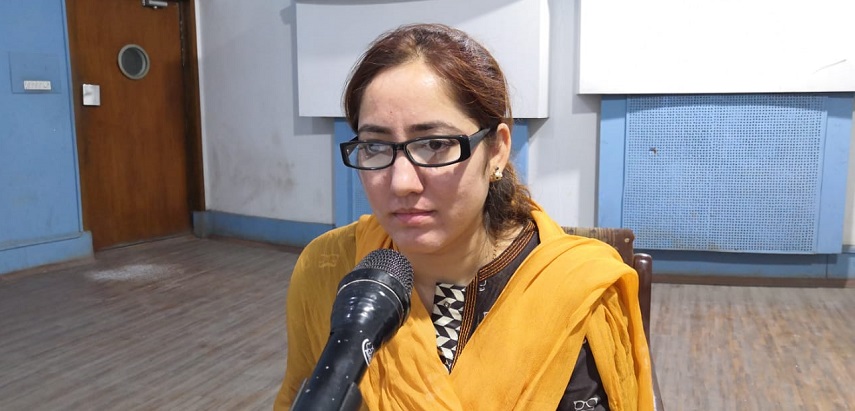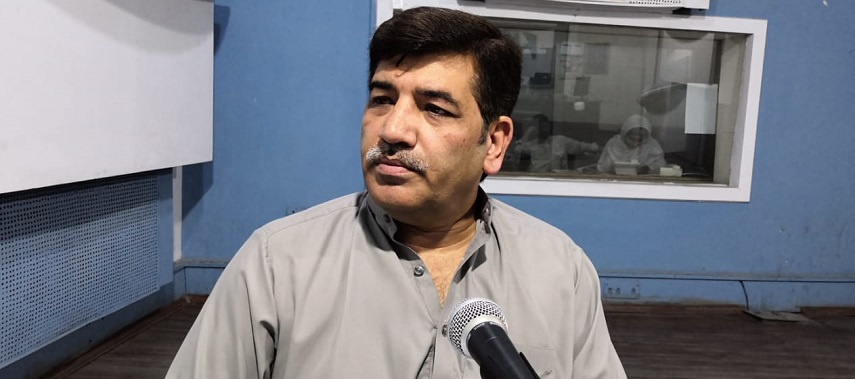The 79th radio program as part of the Center for Research and Security Studies’ (CRSS) counter-radicalization initiative Ulasi Taroon (Social Cohesion) was aired on August 02, 2019, on the theme of “Shared Values Among Faiths and Social Cohesion”. The idea was to discuss these core values shared by the different religions and how these shared beliefs can be leveraged to counter extremism, foster cohesion and resolve conflicts.
The first guest on show, Mr. Shakeel Waheed Ullah, a columnist, and writer by profession, said that there are various common grounds among all the religions including the shared ideals like tolerance, peace and the message of love and these shared values can be leveraged to foster interfaith harmony and peaceful coexistence of the people and communities of different faiths. It must be understood in its true essence that every religion teaches the lesson of peace and discourages extremism. A culturally, religiously and ethnically diverse society demands respect for and acceptance of differences to counter hatred and intolerance. The diversity of sects within Muslims direly demands the cultivation of tolerance perspectives. In this regard, educational curricula have to be utilized critically, devoid of the content based on hatred and promote peace and respect; both interfaith and intrafaith. The religious leaders of different faiths have a huge peacebuilding responsibility and must teach and promote the virtues of humanity. The citizens must also participate in the religious festivals of other religions to be able to understand each other better. Youth, as the biggest part of overall population can make a huge impact by promoting unity and respect for diversity.
The second guest on show, Ms. Salma Khattak a lawyer and social activist by profession said that all the religions share some fundamental ethos of love, acceptance, consideration, empathy and tolerance which offer an exceptional opportunity to foster social cohesion. Humans are bound to hold conflicting views but that itself is not the problem. The problem starts when these disagreements are seen as a stimulus for hatred or disintegration and not as an opportunity for developing understanding and cohesion. The role of religious leaders needs to be redefined where they consciously promote interfaith harmony as a measure of social cohesion and coexistence. The educational curriculum must be inclusive of the global values especially respect for diversity as mandatory subjects and sensitize the future leaders to focus more on the commonalities and opportunities. Besides, both formal and informal educational structures need to be strengthened to meet this end.
She emphasized that the panacea lies in the discussion and dialogue as the most potent way through which we can accept and celebrate diversity. She said that state must become the major stakeholder to promote shared values and nurture national harmony. More than even the present generation, the promotion of the virtues of humanity would create a great impact that that the coming generations would benefit from and be prevented from the internalization of differences among different communities.
About Ulasi Taroon
Ulasi Taroon is a counter radicalization initiative of Center for Research and Security Studies that aims to address the radicalization challenges, extremist ideologies and foster social cohesion through a discourse anchored in the core constitutional values which are fundamentally essential prerequisites for social peace and harmony. The endeavor aims to cultivate and sensitize the people of KP in the core values in the Pakistani constitution and our social contract. It’s an attempt to highlight the criticality of abiding by these ideals – such as adherence to rule of law, primacy and sanctity of constitution, equal citizenry, responsible citizenship, respect for fundamental human rights, tolerance for diversity and different opinions, inclusive democracy and good governance – as a measure of fostering social cohesion and peaceful co-existence.



